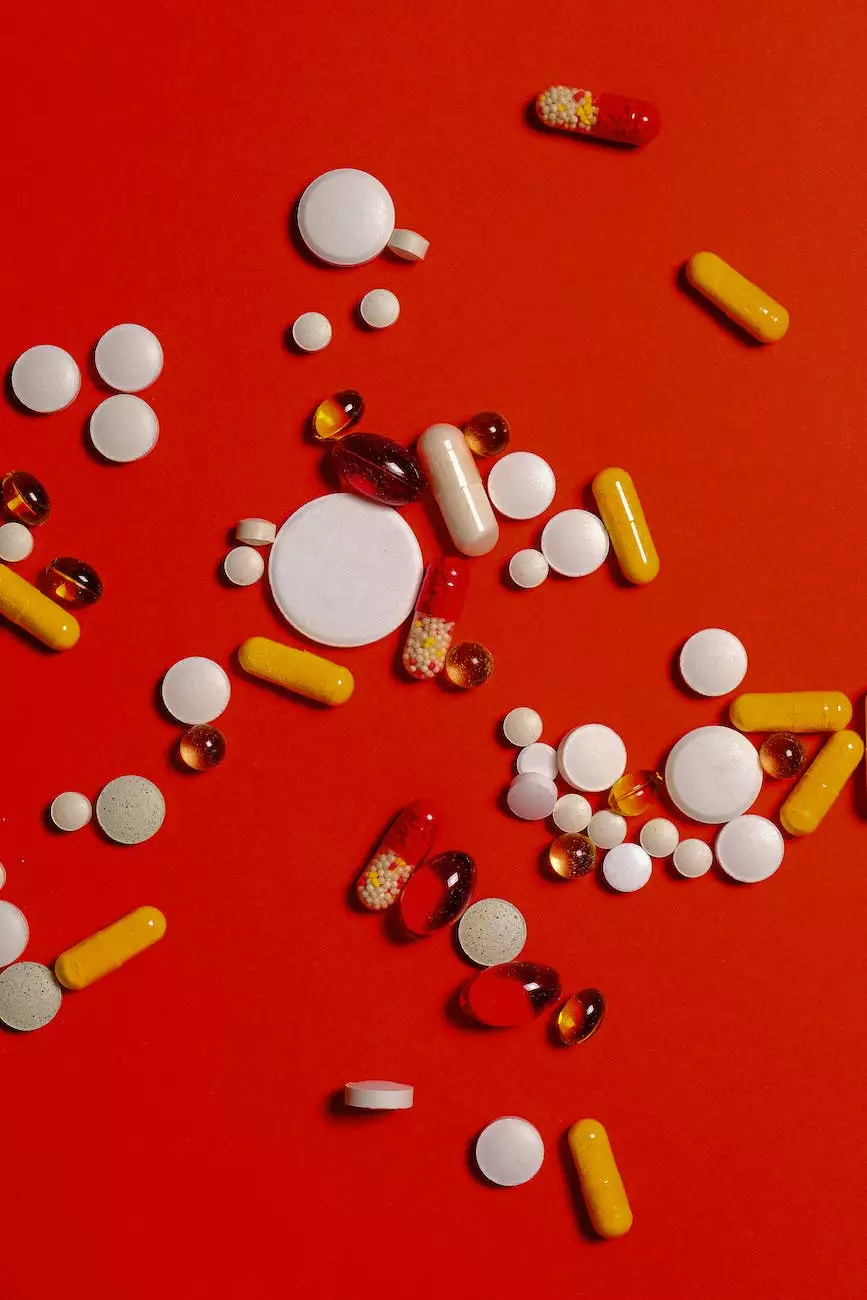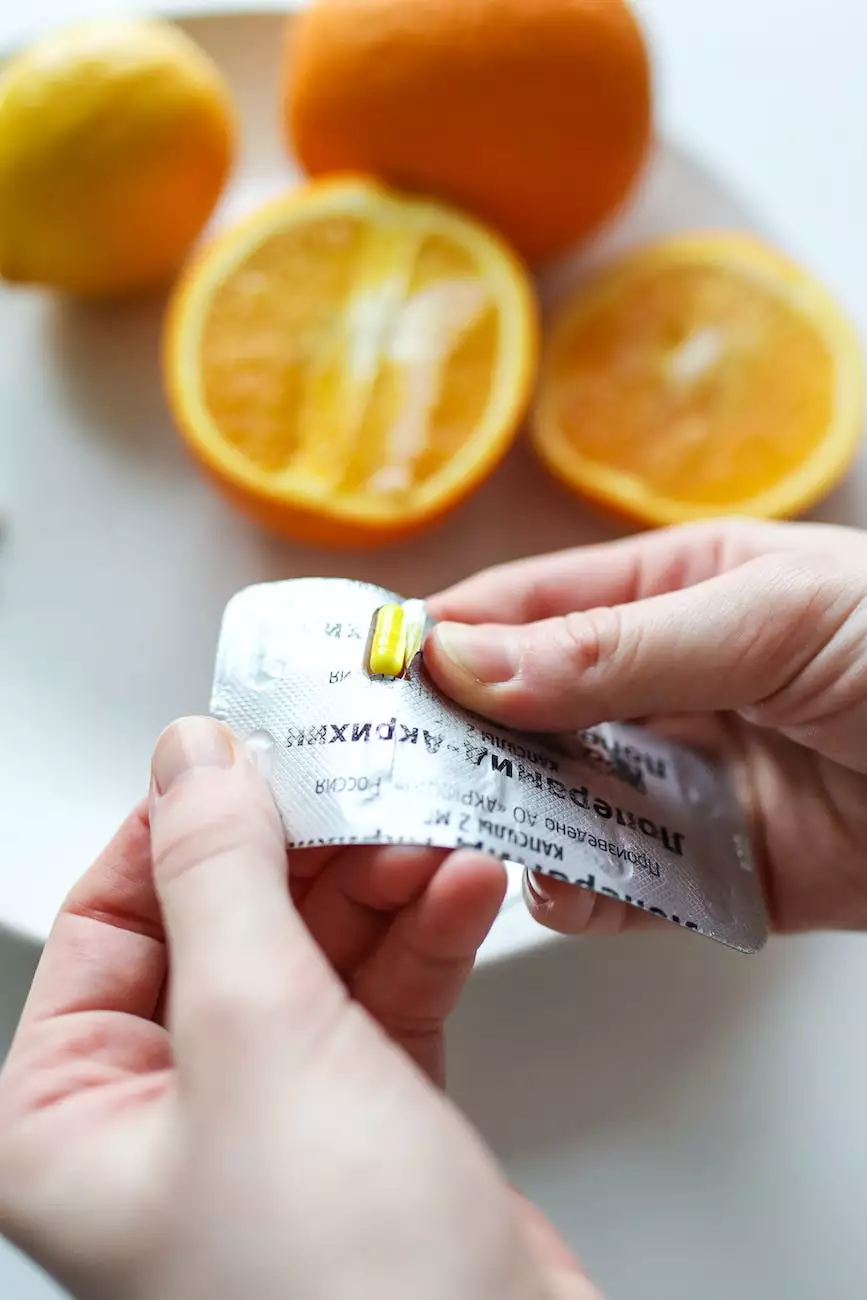Molybdenum - Health Library
Health Library
Introduction
Welcome to the comprehensive guide on molybdenum, brought to you by Furstenberg Michael Dr. As a leading authority in dental health and overall wellbeing, our goal is to provide you with valuable information regarding molybdenum and its significant role in promoting optimal health.
What is Molybdenum?
Molybdenum is an essential trace mineral that plays a vital role in various bodily processes. Its presence is crucial for the proper functioning of enzymes involved in metabolic functions, including the breakdown of proteins and detoxification processes.
Health Benefits of Molybdenum
Molybdenum offers a wide range of health benefits that contribute to overall well-being:
- Supports Enzymatic Activity: Molybdenum is an essential component of various enzymes that are involved in important physiological reactions, such as the metabolism of carbohydrates, proteins, amino acids, and purines.
- Aids Detoxification Processes: This mineral assists in the detoxification process by aiding in the breakdown of harmful substances and facilitating their elimination from the body.
- Promotes Optimal Heart Health: Molybdenum contributes to the conversion of harmful sulfite compounds into sulfate, which helps maintain healthy cardiovascular function.
- Supports Healthy Cognitive Function: Adequate molybdenum levels are essential for brain health and the optimal functioning of neurotransmitters.
- Enhances Energy Production: Molybdenum plays a crucial role in the conversion of macronutrients into usable energy, promoting vitality and overall energy levels.
- Supports Optimal Growth and Development: Molybdenum is particularly important during pregnancy as it supports fetal growth and development, as well as overall reproductive health.
Food Sources of Molybdenum
Ensure you maintain adequate molybdenum intake by incorporating the following foods into your diet:
- Legumes: Lentils, beans, and peas are excellent sources of molybdenum.
- Grains and Nuts: Whole grains, including oats and buckwheat, as well as nuts like cashews and peanuts, contain significant amounts of this essential mineral.
- Leafy Greens: Dark leafy greens, such as spinach and kale, provide a valuable source of molybdenum.
- Organic Meats: Consuming organically raised meats, such as beef and lamb, can boost your molybdenum levels.
- Dairy Products: Dairy products, including milk and cheese, contain molybdenum in varying amounts.
Recommended Daily Intake of Molybdenum
The recommended daily intake of molybdenum varies depending on age, sex, and specific health requirements. As a general guideline, adults should aim for an intake of approximately 45-50 micrograms per day. It is important to note that excessive intake can lead to adverse effects, so it's crucial to consult with a healthcare professional to determine the appropriate dosage for your individual needs.
The Role of Molybdenum in Dental Health
Molybdenum also plays a significant role in dental health. It contributes to dental enamel formation and helps prevent dental issues such as tooth decay and gum disease. By ensuring an adequate intake of molybdenum, you can support optimal oral health and maintain a healthy smile.
Conclusion
In conclusion, molybdenum is an essential mineral with numerous health benefits. From supporting enzymatic activity to aiding detoxification processes and promoting heart health, this trace mineral is crucial for overall well-being. Incorporating molybdenum-rich foods into your diet can help ensure an adequate intake. However, it is important to consult with a healthcare professional to determine the appropriate dosage for your individual needs. At Furstenberg Michael Dr, we are committed to providing you with the latest information on molybdenum and its positive impact on your health.










